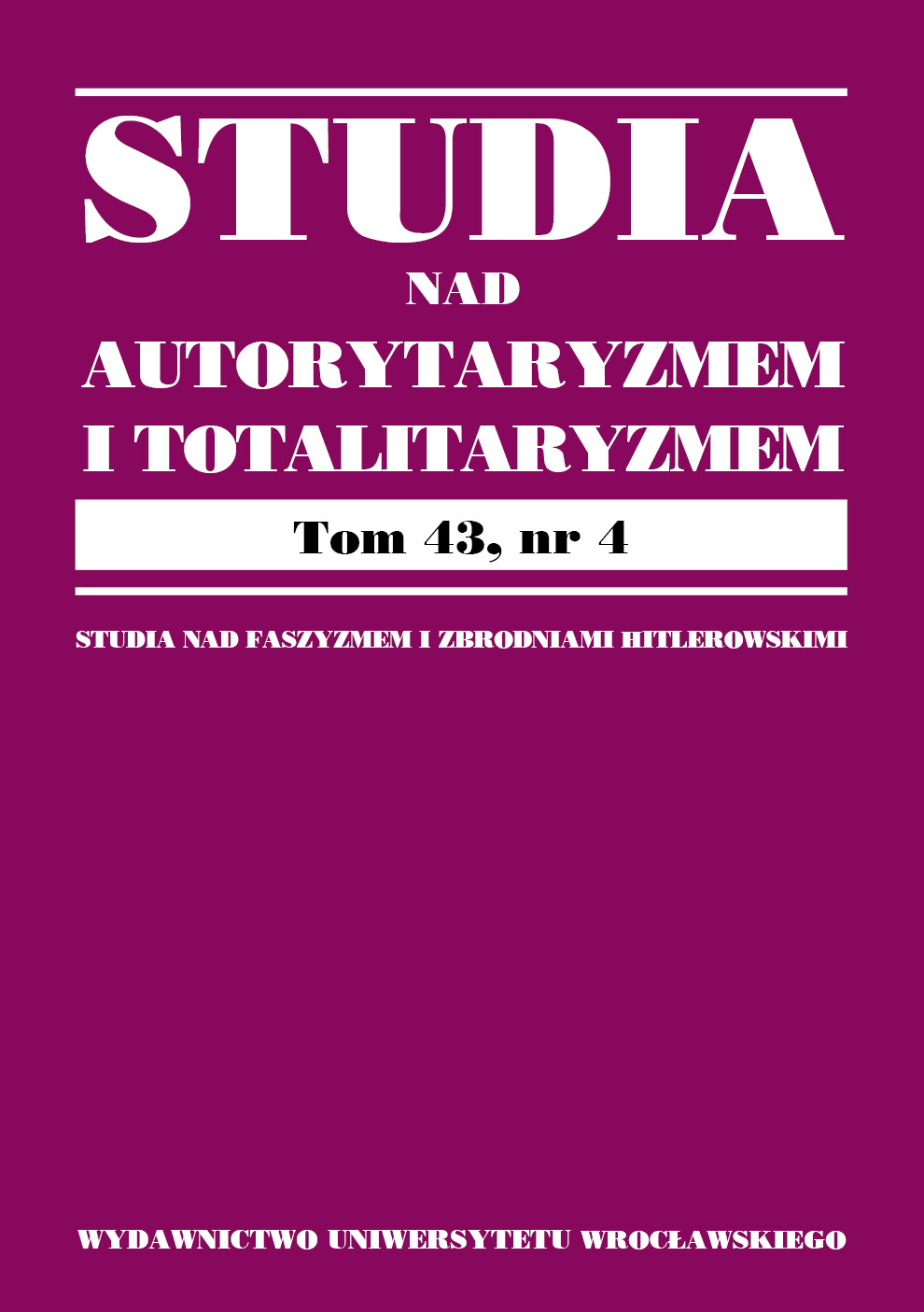

Artykuły

With its core purpose of establishing the legal status of immovable property, the system of land and mortgage registers (perpetual books) operating in Poland plays a paramount social and economic role in ensuring legal security of real estate conveyancing, and thereby contributes to implementing the constitutional principle of democratic state ruled by law. The foundations for a uniform land and mortgage register law were laid down in the 1930s by the Codification Commission of the Republic of Poland, appointed after the Polish State regained independence in 1918, following the period of partitions. The works of the Commission were interrupted by the outbreak of the Second World War in 1939. In the early years of the post-war communist regime, the Commission’s draft provisions on land and mortgage registers served as the basis of the unified legislation that entered into force. Shortly thereafter, however, the very usefulness of the institution of land and mortgage register was contested by communist authorities, as it was considered contrary to the ideological assumptions underlying the socialist system. As a consequence, although not abolished, the land and mortgage register law’s relevance was diminished substantially for several decades, as manifested by the fact that it was not incorporated into the Civil Code of 1964. The significance of land and mortgage registers was restored to a certain degree only upon adopting the Land and Mortgage Registers and Mortgage Act of 1982, which, after being appropriately amended, is still in force. Subsequently, land and mortgage registers were subject to systemic reforms as part of the democratic transition process in Poland, and in recent years, advanced computerisation and informatisation actions have been undertaken bringing about noteworthy modernisation effects.
In view of the forthcoming 40th anniversary of the enactment of the Land and Mortgage Registers and Mortgage Act, it is worth providing deeper insights into contemporary Polish land and mortgage register law against the historical background. The article is aimed at outlining the evolution of legislative and doctrinal approaches to the position of land and mortgage registers in the legal system in Poland — from the period of the interwar Codification Commission’s activity, through the decades of the totalitarian domination of the communist system, until the present time. In this respect, particular reference will be made to basic rules underpinning the organisation of land and mortgage registers. Based on the overview of the development of land and mortgage register law, with special consideration of its legislative marginalisation in the People’s Republic of Poland, conclusions will be drawn as to the current legal position of land and mortgage registers in the context of recognising the vital importance thereof for property law relations.